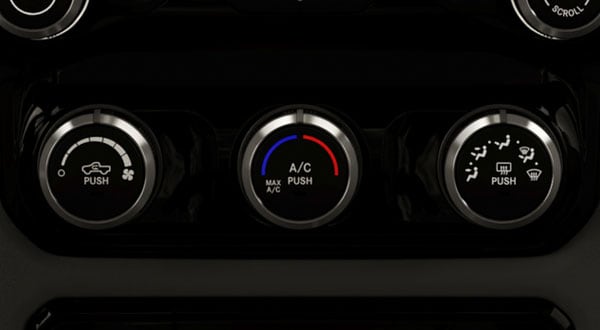


How Can You Prepare Your Car's Air Conditioning for Summer?
As temperatures rise, a functional air conditioning system becomes essential. Before the peak of summer, test your AC to ensure it's cooling effectively. If you notice warm air or reduced airflow, it might be time for a refrigerant recharge or a professional inspection.
Why Is Checking Tire Pressure Crucial in Hot Weather?
Heat can cause tire pressure to fluctuate, impacting both safety and fuel efficiency. Regularly inspect your tires to ensure they are inflated to the manufacturer's recommended levels, typically between 30 and 35 PSI for most passenger vehicles. Properly inflated tires can prevent blowouts and improve gas mileage.
Which Engine Fluids Should You Monitor During Summer?
High temperatures can lead to the evaporation or thinning of essential engine fluids. It's important to check and maintain optimal levels of:
- Coolant: Prevents engine overheating.
- Transmission Fluid: Ensures smooth gear shifts.
- Power Steering Fluid: Aids in responsive steering.
- Windshield Wiper Fluid: Maintains clear visibility.
Regularly topping off these fluids can enhance vehicle performance and longevity.
How Does Battery Maintenance Affect Summer Driving?
While winter is notorious for battery issues, summer heat can also damage batteries. Elevated temperatures can accelerate battery fluid evaporation, leading to corrosion. Regularly inspect your battery for secure connections and consider professional testing to ensure it's in good working condition.
Why Is Brake Inspection Important Before Summer Trips?
Summer often means longer drives and increased travel. Ensuring your brakes are in top condition is crucial for safety. Listen for unusual noises and be attentive to changes in braking performance. If you notice any irregularities, consult a professional mechanic promptly.
How Can Regular Oil Changes Benefit Your Vehicle in Summer?
Oil lubricates engine components, reducing friction and heat. During summer, maintaining clean oil is vital to prevent overheating and ensure efficient engine operation. Adhere to your vehicle manufacturer's recommended oil change intervals, and consider more frequent changes if you plan extensive summer travel.
What Role Do Windshield Wipers Play in Summer Safety?
Summer storms can be sudden and intense. Ensuring your windshield wipers are in good condition is essential for visibility during heavy rain. Replace any wipers that show signs of wear, such as streaking or skipping.
How Can You Protect Your Car's Exterior from Summer Heat?
The sun's UV rays can damage your car's paint and interior. Regularly washing and waxing your vehicle can provide a protective layer against the sun. Additionally, using sunshades and parking in shaded areas can help preserve your car's exterior and interior.
Why Is It Important to Inspect Belts and Hoses Before Summer?
High temperatures can weaken belts and hoses, leading to potential failures. Before embarking on summer journeys, check for signs of wear, such as cracks or fraying, and replace any compromised components to prevent breakdowns.
How Can Proper Tire Maintenance Enhance Summer Driving Safety?
In addition to checking tire pressure, regular tire rotations and ensuring adequate tread depth are vital. Proper tire maintenance ensures better handling and reduces the risk of accidents, especially on hot road surfaces.
What Steps Can You Take to Ensure a Smooth Summer Driving Experience?
Beyond the specific maintenance tasks, keeping an emergency kit in your vehicle, planning routes in advance, and staying updated on weather conditions can contribute to a safe and enjoyable summer driving experience.
Following these comprehensive summer car maintenance tips ensures your vehicle remains reliable and efficient throughout the season. Regular upkeep enhances safety and extends your car's lifespan, providing peace of mind during your summer adventures.


